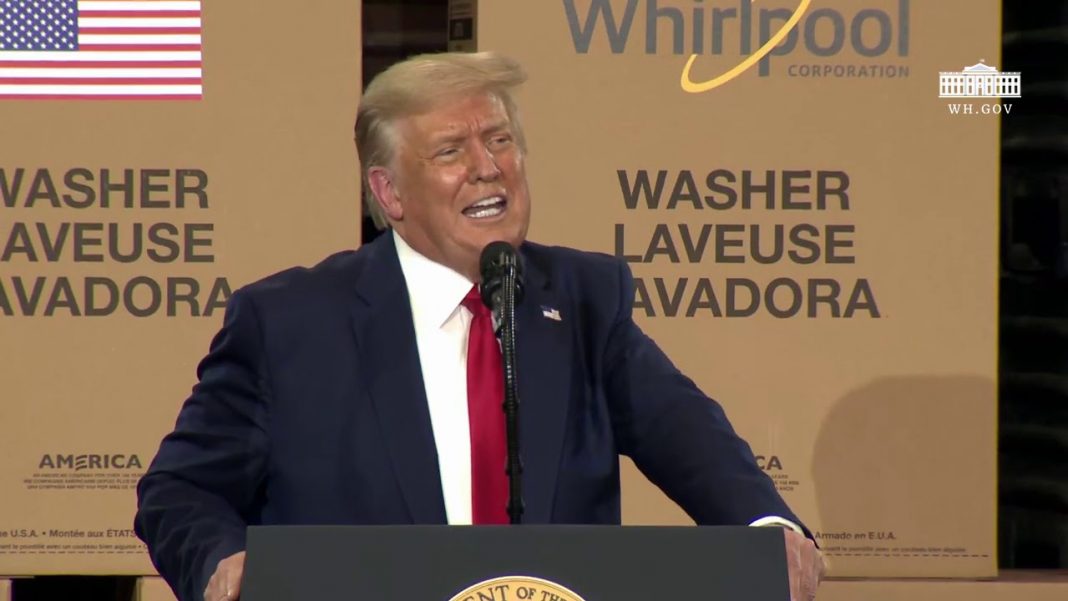
At both the federal and the state level, the legislative process is glorified negotiation. The parties are always preoccupied with two things: advancing their agenda, then mirroring their platform just enough so their base reelects them.
Some legislation doesn’t need much negotiating, like the budget — since Congress just likes spending money. But the proposed laws that we see combated on television are not simple negotiations. They’re hyper-politically charged and thoroughly discussed in the House. The hottest debates happen in the Senate, however, where the vast majority of bills go to die. These dead bills owe their short lives to one thing, really: the filibuster.
In 1806 a rule change in Congress consequentially allowed for senators to obstruct the vote for a bill. To do this, all the senator has to do is take the floor and talk. As long as the senator keeps talking, the debate keeps going. If the debate goes long enough, the vote never happens and the bill bleeds out on Capitol Hill.
In recent decades, the filibuster has been used more often. The Senate opted for a new procedure in 1970 that allowed for a filibuster to be “busted” when 60 senators agree to call for a vote. Effectively, this means that if a party wants a bill passed, they need more than a simple majority to do it.
One of the most important lessons new policymakers learn is that permanent change comes from slow and intentional decision-making. The best progress is deliberate progress.
Our Framers knew this. Take, for example, the Philadelphia Convention, now commonly referred to as the Constitutional Convention. For almost four months, representatives from every state gathered and debated what started as amendments to the Articles of Confederation and turned out to be a novel framework for the world’s greatest country.
Almost every day for those four months, the people who founded our government argued and bickered about what it means to run a country effectively. Even after the convention was over, the debates happened for another two years, resulting in the Bill of Rights.
There will likely never be legislation as important as that which took effect on March 4, 1789. That document so many Americans hold dear sets a standard of intentionality that is required of our congressmen and women. The Constitution willfully designed a bicameral legislature that was slow, to encourage thoughtful decision making.
Our country needs the filibuster. In the current socio-political climate, in which our two parties are more divided and extreme than ever in recent history, the filibuster is the only thing left to protect citizens from radical change.
By Tripp Worley





